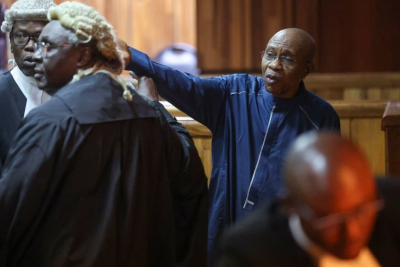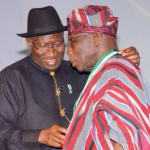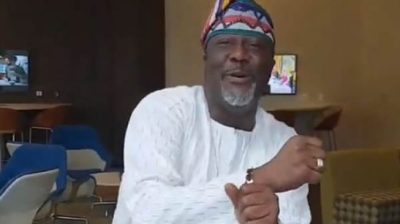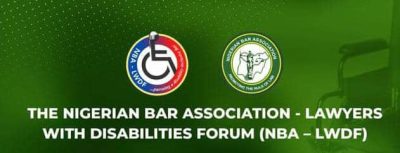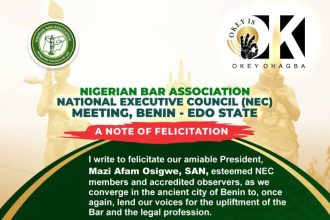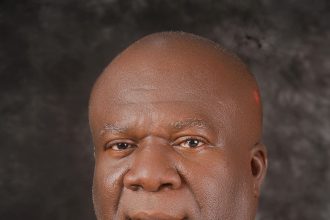Justice Maryanne Anenih of the Federal Capital Territory (FCT) High Court, on Thursday, granted permission for two witnesses of the Economic and Financial Crimes Commission (EFCC) in the trial of former Central Bank of Nigeria (CBN) governor, Mr. Godwin Emefiele, to testify via Zoom or other live audio-visual communication platforms. This decision followed an unopposed application by the EFCC.
Emefiele is currently facing a four-count charge related to the redesign of the Naira in 2022, which was allegedly carried out without the necessary approvals from both the President and the Board of Directors (BoD) of the CBN. The charges stem from allegations that the redesign project violated the due process required for such an undertaking.
Background of the Case
The trial, which has attracted significant public attention, resumed after the completion of the cross-examination of the fourth prosecution witness (PW4), Mr. Edward Adamu, a former Deputy Governor of Corporate Services at the CBN. The trial was previously adjourned to October 17 for the continuation of the proceedings.
When the matter came up in court, the EFCC’s legal representative, Mr. A.O. Mohammed, informed the court that the next two witnesses the prosecution intended to call are currently residing in the United States. He explained the logistical challenges of bringing them to Nigeria to testify in person, and as a result, the prosecution sought the court’s indulgence to allow the witnesses to give their oral evidence remotely.

“The matter is slated for continuation of trial; however, we ran into a little issue in trying to bring down our witnesses, who are currently in the US. On that basis, we filed a motion seeking the court’s indulgence to take the oral evidence of the two witnesses via Zoom or any live audio-visual devices,” Mohammed told the court.
No Opposition from Defense
In response to the EFCC’s motion, Emefiele’s defense counsel, Mr. Hakeem Labi-Lawal, did not oppose the application. However, he sought clarification from the prosecution on whether the two witnesses from the US would be the last witnesses in the case.
Mohammed explained that while there are still additional witnesses to be called, the current focus is on obtaining testimony from the two US-based individuals as part of the prosecution’s trial strategy. When the judge inquired about how the EFCC planned to execute the virtual testimonies, given that the court lacks the required audio-visual infrastructure, Mohammed assured that the media team from the commission would handle the technical aspects of the process.
With no objections from the defense, Justice Anenih granted the application as requested by the EFCC. The case was then adjourned to November 14, 2024, for the continuation of the trial.
The Charges Against Emefiele
Mr. Godwin Emefiele was arraigned by the EFCC on May 15, 2024, before Justice Maryanne Anenih. He is facing a four-count charge, primarily for allegedly undertaking the redesign of the Nigerian currency without the necessary approvals from the relevant authorities.

The EFCC alleges that Emefiele authorized the redesign of the Naira and the printing of new Naira notes in violation of established protocols. According to the anti-graft agency, the CBN Board was not consulted, and the approval of then-President Muhammadu Buhari was not obtained before the redesign initiative commenced.
Specifically, the prosecution claims that Emefiele’s actions—approving the printing of various quantities of the new Naira notes—were not in line with the recommendations of the CBN Board, nor did they have the explicit approval of the President. The EFCC argues that this conduct caused harm to the public and constitutes an offence under Nigerian law.
Emefiele, however, has denied all charges and pleaded not guilty. Following his arraignment, he was granted bail in the sum of N300 million.
Legal and Public Implications
The trial of Mr. Emefiele has significant implications, given his prominent role as the former governor of the Central Bank of Nigeria. The redesign of the Naira, carried out during his tenure, sparked considerable public debate, particularly in relation to its economic impact and the legal procedures surrounding it.
The EFCC’s decision to call witnesses from the United States highlights the international dimension of the case and the prosecution’s effort to substantiate its claims. The court’s approval for the use of virtual testimonies underscores the growing acceptance of technology in facilitating legal processes, particularly in cases where logistics may pose challenges.
As the trial progresses, it is expected to shed more light on the internal decision-making processes at the CBN during Emefiele’s tenure and whether the alleged procedural breaches were significant enough to warrant criminal charges.
The next hearing, scheduled for November 14, 2024, will see the virtual testimonies of the two US-based witnesses, further advancing the case toward its conclusion.



